Small Molecule Omics and Cancer Biology
“Oncometabolites” initiate or sustain cancer tumor growth and metastasis. The term oncometabolite was first used for 2- hydroxyglutarate, as it was found to activate hypoxiainduced, oncogenic pathways and affect DNA methylation, specifically in gliomas and acute myeloid leukemia.1 Understanding metabolic factors that enable cancer cell proliferation and finding reprogrammed metabolic pathways has led to several other oncometabolic targets (or metabolites) to be discovered.2-4 Of the metabolites involved in cancer biology, lipids have not only been shown to be involved in intracellular signaling of cancer cells, but de novo lipid synthesis has been found to be a key metabolic activity in cancer cell growth and survival and targeting lipid metabolic pathways has been shown to affect chemosensitivity.3,5 Previous data has also shown that branched-chain amino acid (BCAA) can serve as metabolic substrates in several types of cancer.6
The CIT has developed a conformational lipid atlas containing highly-accurate structural measurements in support of high-confidence lipidomic annotations. This lipid atlas is available in the CIT to help us and our collaborators better understand the role of lipids in cancer. Please contact us if you are interested in performing analyses to determine which lipids may be contributing to or reprogramming cancer cell proliferation in your specific biological system.
In addition, the CIT has also developed a qualitative amino acids MS-based assay that can be applied to diverse biological sample types (e.g. plasma, serum, urine, cells or tissue) without the need for tagging. These analyses are performed with high precision (≤ 5 ppm) and low variability (≤ 10% RSD).
References:
- Wishart DS, Emerging applications of metabolomics in drug discovery and precision medicine, Nat Rev Drug Discov 2016, 15, 473-484.
- Luengo A et al., Targeting Metabolism for Cancer Therapy, Cell Chem Biol 2017, 24, 1161-1180.
- Röhrig F et al., The multifaceted roles of fatty acid synthesis in cancer, Nat Rev Cancer 2016, 16, 732-749.
- Adams JL et al., Big opportunities for small molecules in immuno-oncology, Nat Rev Drug Discov 2015, 14, 603-622.
- Beloribi-Djefaflia S, Vasseur S, Guillaumond F, Lipid metabolic reprogramming in cancer cells, Oncogenesis 2016, 5, e189.
- Mayers JR, et al., Tissue of origin dictates branched-chain amino acid metabolism in mutant Kras-driven cancers, Science 2016, 353, 1161-1165.


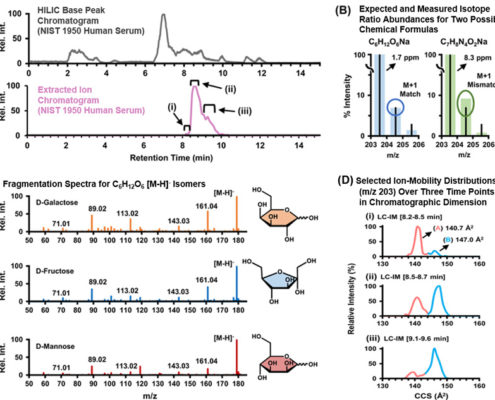
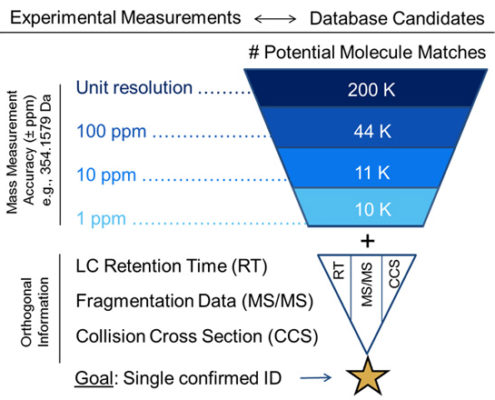
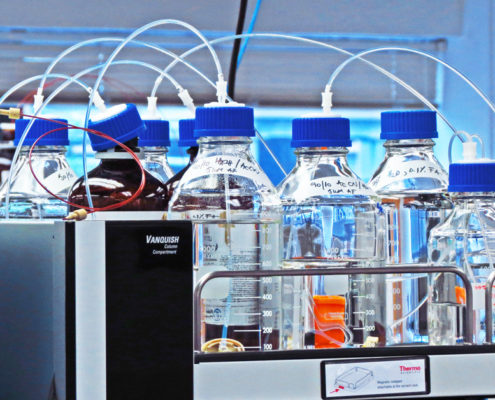
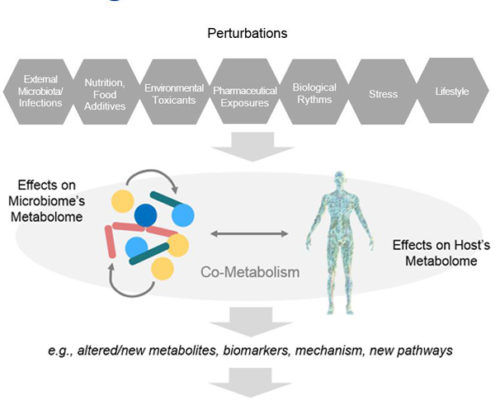


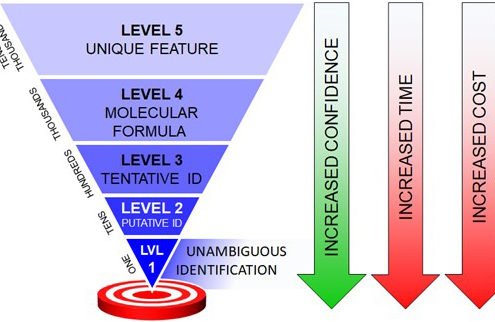
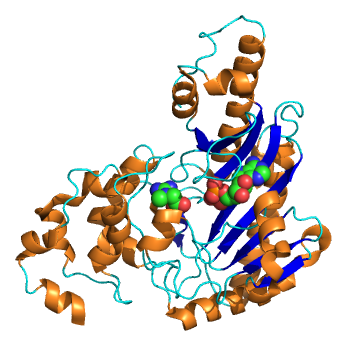

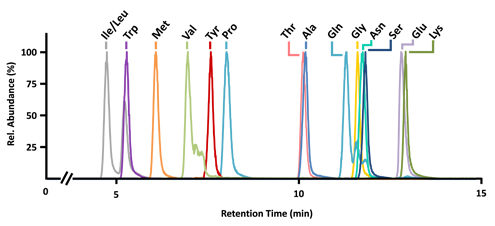

 Follow Us
Follow Us
